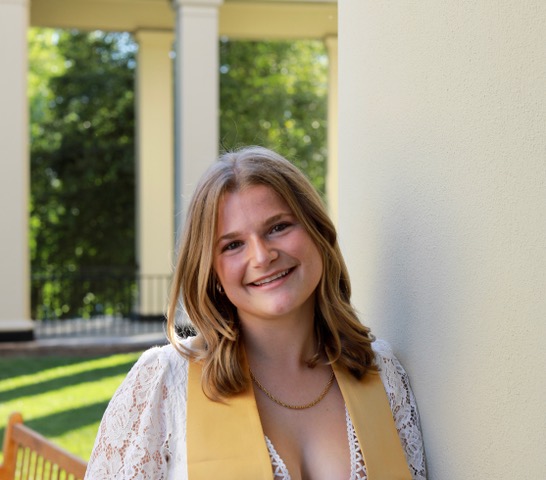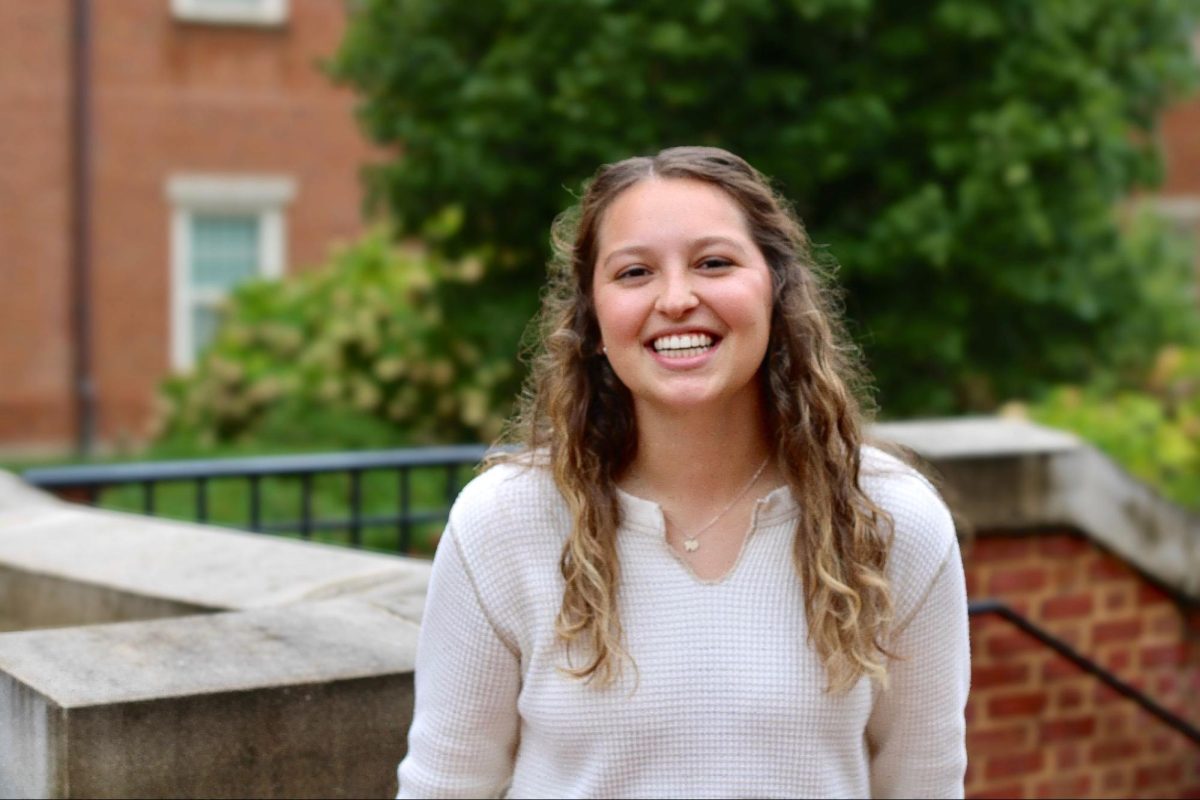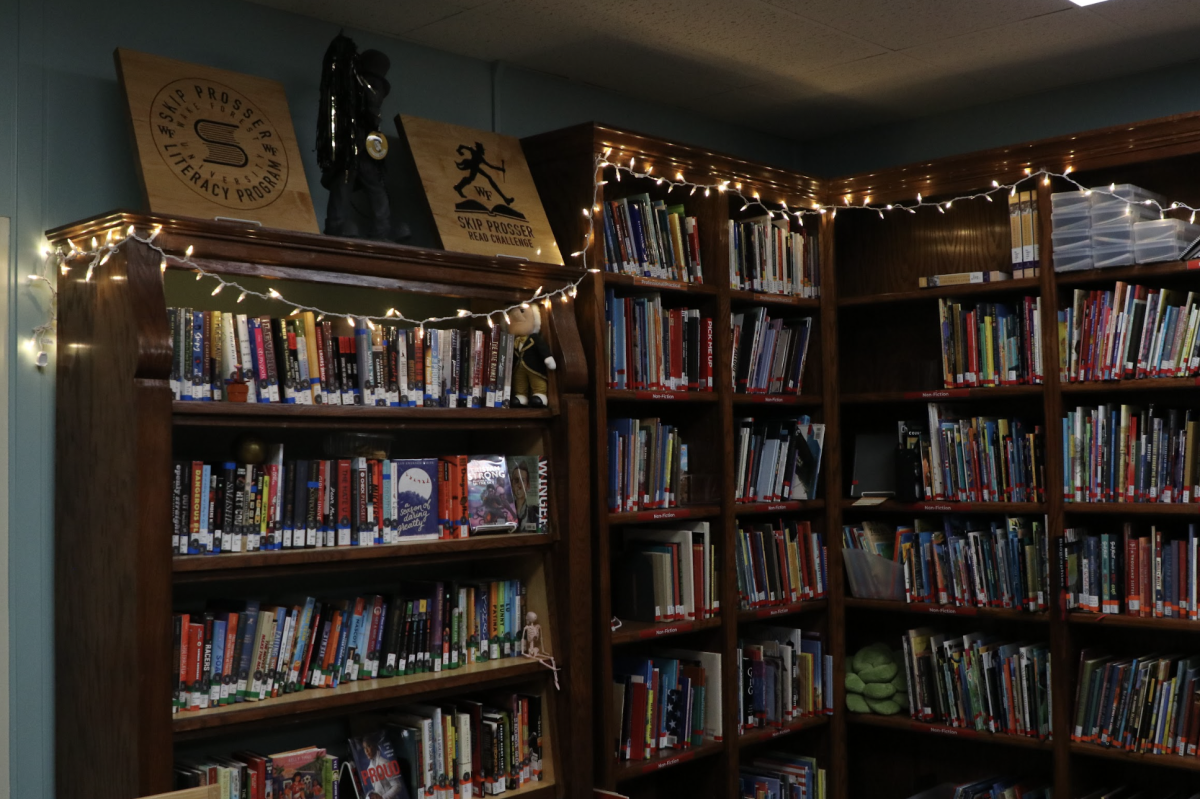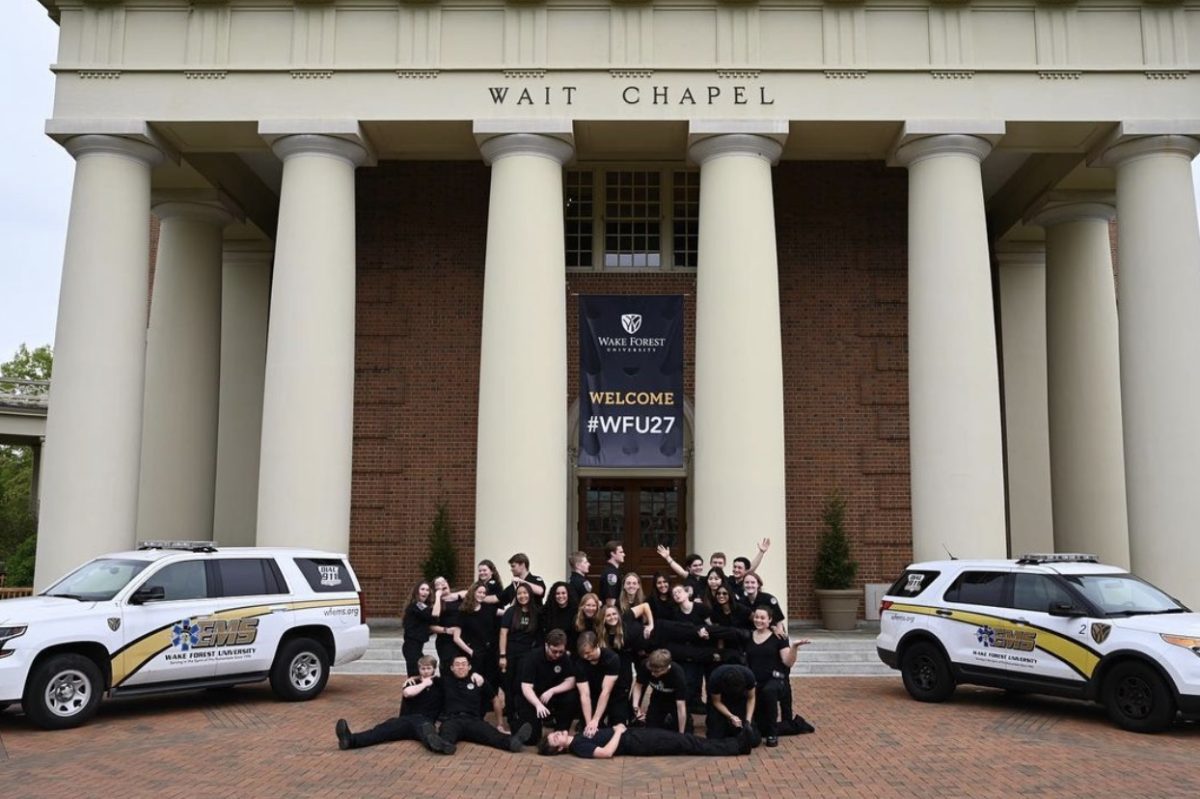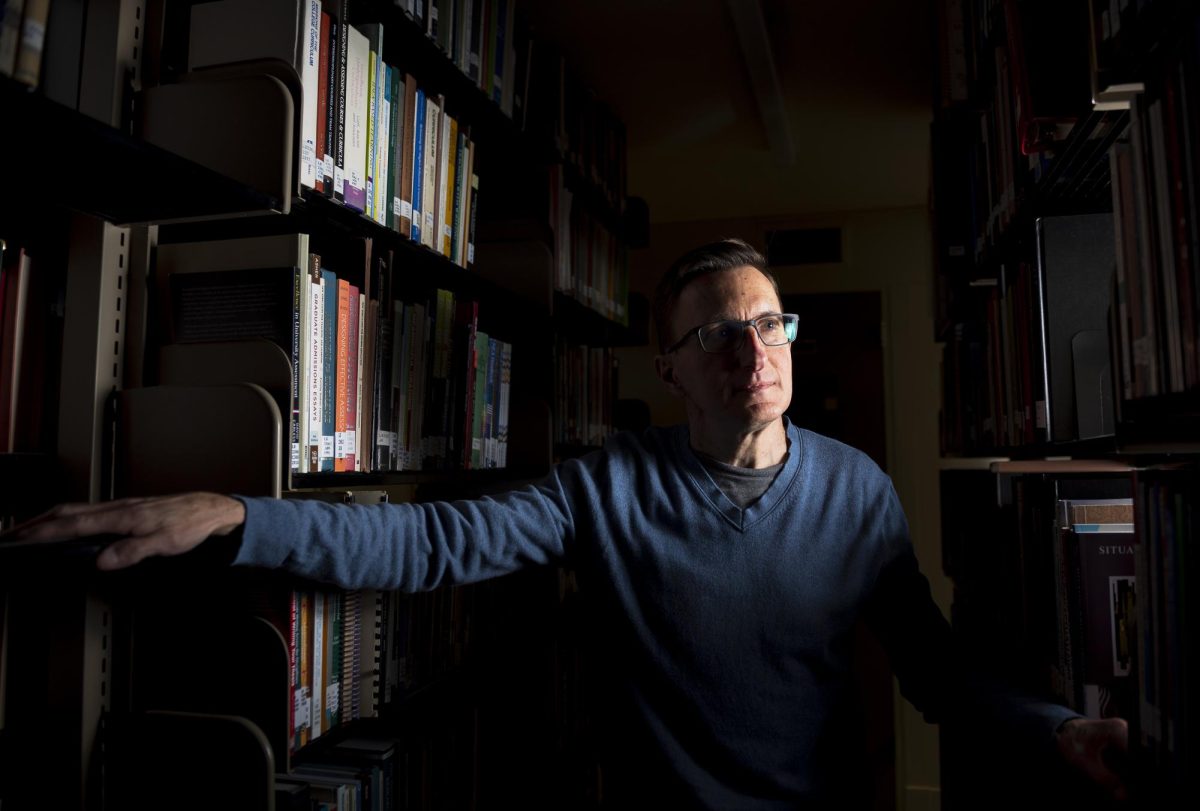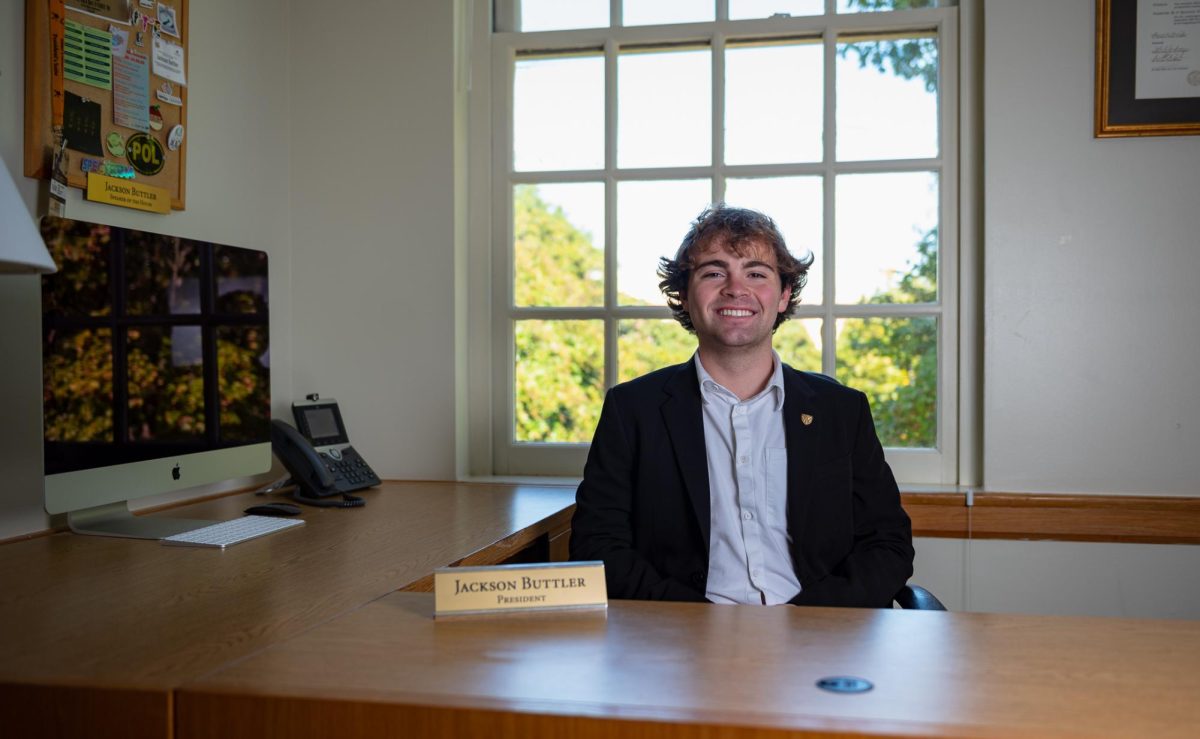After graduating from Wake Forest last May, Quin Wolters, a former mathematical economics major and environmental studies minor, chose to continue her professional journey right here on campus.
As a full-time sustainability intern for Harvest Table, Wolters has had the opportunity to watch her projects flourish. While focusing on carbon reduction as a student intern in a dual program between Harvest Table and the WFU Office of Sustainability, she has worked toward the improvement of composting at the North Campus Dining Hall’s Hilltop Market.
From sustainable sourcing to dining efficacy and carbon reduction strategies, Harvest Table has worked diligently to set high sustainability standards as the main food provider on campus. Being familiar with all of Harvest Table’s sustainability initiatives before starting her full-time position gave Wolters a good sense of direction.
“I really enjoyed the project I did last year,” Wolters said. “It gave me a great sense of accomplishment, but I knew that there was more work to be done — there’s always more work to be done.”
Encouraged by her team, Wolters used this project to apply for an award from the Association for the Advancement of Sustainability in Higher Education (AASHE) — an organization that rates universities based on different aspects of their sustainability programs. It is a rigorous application process with thousands of influential student projects in the running.
During the summer, Wolters sent out a written case study of her project as a carbon reduction intern and was recently notified that she was selected as a finalist for the Sustainability Leaders on Campus Award.
“It was fulfilling for me to be able to reflect on everything that I’d done, write it all up to see the results from where I started and showcase the work that I completed,” Wolters said.
According to Wolters, the composting process at Hilltop Market wasn’t working as effectively as desired. There were constant setbacks with the pulper, a special composting machine that grinds up food scraps and removes almost all water content.
“The biggest project that I did was improving the compost project at North [Campus] Dining [Hall],” Wolters said. “I created a video and collaborated with associates and managers to get better utilization of the pulper to diminish cross-contamination and improve the waste stream coming out of North [Campus Dining Hall].”
Wolters was convinced that the main way to combat this problem was to introduce better training for associates — first to point out what could not be introduced in the pulper and secondly to raise awareness on the overarching benefits of composting. The video was shown to the associates, either at new hire or continuously throughout the year, to make sure minimal errors occur.
“They had been having problems with the pulper getting jammed with avocado pits or bones, and there was a lot of contamination going on,” Wolters said. “So the company that we work with, called Gallins, which picks up the organic waste and then turns it into compost, was rejecting a lot of bins.”
Wolter continued: “It was necessary from an operational standpoint to showcase why the pulper itself is a great feature of the dining hall because it reduces the amount of organic waste coming out. It’s something I want to continue to check up on as I’ve taken on this new permanent position.”
Receiving an AASHE award would not only promote the visibility of Wolter’s composting achievements but also help to encourage further sustainable practices at Wake Forest. Recognizing the efforts that are being taken to address environmental issues on campus is imperative in raising the visibility of sustainability as a whole, and Wolter’s project and its AASHE finalist selection demonstrate that these innovative solutions are not going unnoticed.

